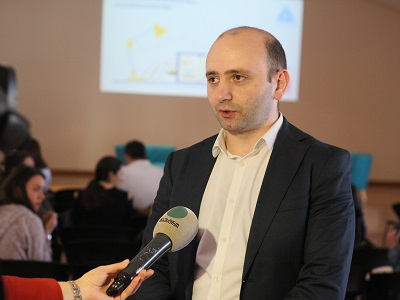Georgians have revealed themselves to have overall low levels of financial literacy. Only 6% of respondents to a new research survey were financially literate, which naturally negatively affects the economic situation in the country. ISET's Policy Institute, together with TNS and TBC Bank, conducted the first ever large-scale survey on financial literacy in Georgia. A total of 1000 respondents were surveyed in seven major cities of Georgia: Tbilisi, Batumi, Kutaisi, Zugdidi, Poti, Gori, and Rustavi. They survey was centred around a core questionnaire designed to reveal financial behaviour, attitudes, and knowledge in order to assess levels of financial literacy and financial inclusion. Financial literacy was measured by four specific questions about simple interest rates, compound interest rates, inflation, and risk/diversification. A majority (52%) answered only one or none of the questions correctly, displaying low financial literacy (illiterate).
Analysis found that financial literacy does not significantly differ by gender, age groups, or level of formal education. Significant differences between Tbilisi and other cities were obvious, with overall better financial knowledge in the capital. Assessing the levels of financial literacy amongst the population is a key component of any successful national strategy for financial education, enabling policy makers to identify gaps and design appropriate responses.
The main researchers from ISET were Lasha Labadze, Sophiko Skhirtladze, and Irakli Shalikashvili. This new information will help institutions in Georgia devise future strategic plans to improve financial literacy.











